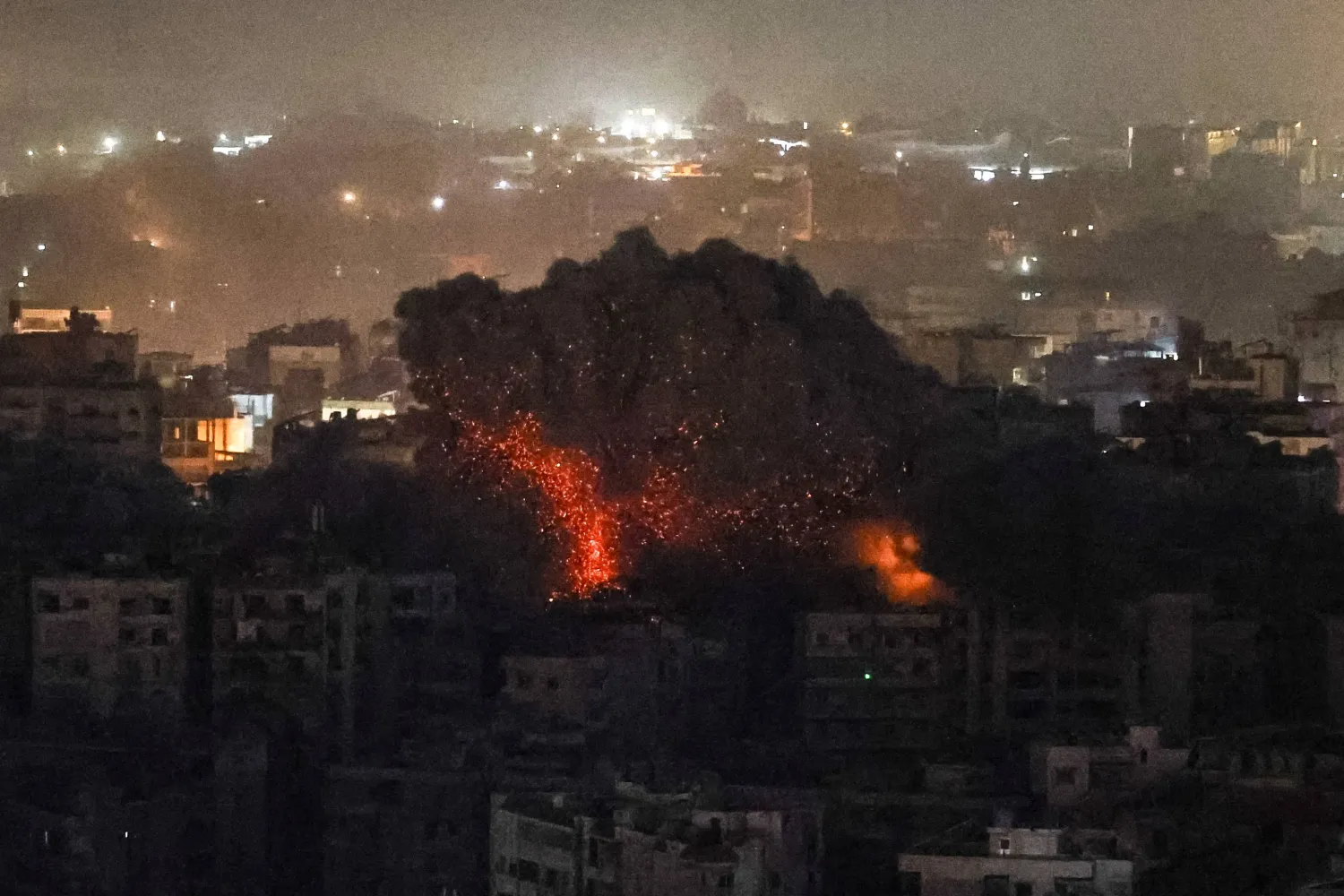The international community should work to end the conflict in the Middle East and provide grants to Lebanon, the head of the IMF's Middle East and Central Asia department has said.
Jihad Azour spoke to AFP in Washington, where the annual meetings of the International Monetary Fund and the World Bank are currently taking place.
In updated economic estimates, the Fund slightly downgraded its outlook for economic growth in the Middle East and North Africa to 2.1 percent this year, while maintaining its 4.0 percent growth outlook for 2025.
However, these estimates do not take into account the economic impact of the recent escalation of conflict in southern Lebanon, where Israel has invaded to fight Hezbollah.
Azour, a former Lebanese finance minister, noted that the most severely affected places, including Lebanon and the Palestinian territories, were facing a "huge humanitarian problem" which has devastated their economies.
"You have massive loss in output, you have a massive destruction in infrastructure, and you have a huge set of needs for additional spending, for shelter, for health and so on," he said.
"We expect that growth will be negative in those cases, and we expect that the recovery would take longer to materialize," he added.
The IMF has suspended its forecasts for the Lebanese economy, citing an "unusually high degree of uncertainty." But a recent United Nations Development report estimated that the country's GDP would be 9.2 percent smaller as a "direct consequence" of the conflict.
"You have massive destruction of infrastructure in a large region, which is the south, and mass destruction of livelihood, because this is an agricultural region that was severely affected," Azour said, adding that almost 20 percent of Lebanon's population had been displaced.
"We encourage the international community, we encourage the friends of Lebanon, to provide grants," he continued, calling on the international community "to put its utmost effort in order to solve the problem, in order to reduce the suffering of people."
For countries indirectly affected by the conflict, like Jordan and Egypt, the impact of Israel's ongoing military campaigns in Gaza and Lebanon has been felt differently.
While Egypt has been hit hard by a 70 percent fall in revenues from ships traversing the Suez Canal, Jordan's economy has suffered from a steep decline in tourism, Azour said.









